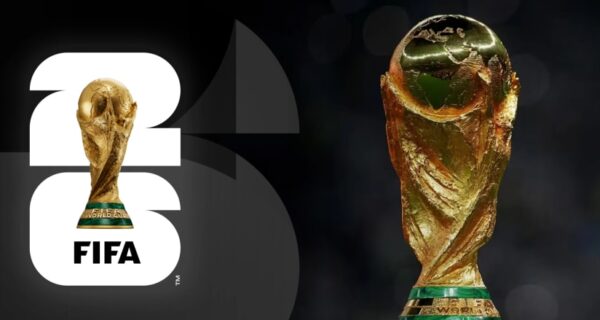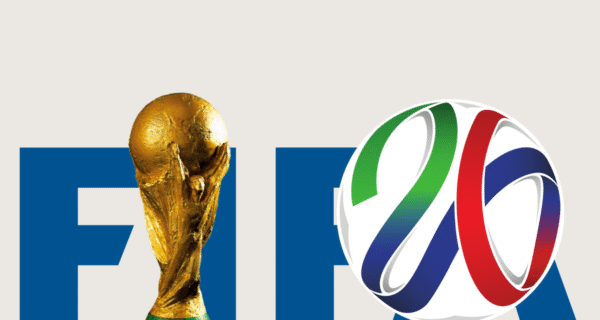Spain has reclaimed the top spot in FIFA’s world rankings for the first time in over a decade, jumping ahead of defending World Cup champions Argentina in the latest update released Thursday. This major shift comes as excitement builds for the 2026 World Cup, with ticket sales entering their final phase and young players preparing for upcoming tournaments.
The European champions climbed from second place to first after securing two convincing victories in their 2026 World Cup qualifying campaign this month. Spain dominated Turkey with a stunning 6-0 victory and followed up with a solid 3-0 win over Bulgaria.
Argentina, who had held the number one position since April 2023, dropped to third place after suffering a disappointing 1-0 defeat to Ecuador during South American qualifying. Their fall allowed France to move up one spot to second place in the rankings.
The ranking changes reflect the ongoing intensity of World Cup qualifying matches across different regions. England maintained their fourth-place position, demonstrating consistency with their recent 5-0 thrashing of Serbia under new manager Thomas Tuchel. Portugal moved up one place to fifth, swapping positions with Brazil, who slipped to sixth after their loss to Bolivia.
Perhaps the biggest shock came from Germany’s dramatic fall outside the top 10 for the first time in almost a year. The four-time World Cup winners dropped three places to 12th position following their unexpected defeat to Slovakia in their World Cup qualifying opener. This result represents Slovakia’s biggest triumph in recent years, with the team climbing 10 spots to 42nd place in the global rankings.
Morocco leads the African nations at 11th position, having won eight of their nine matches since the previous ranking update. The Atlas Lions continue their strong form as they prepare for the expanded 48-team World Cup. Japan sits as Asia’s highest-ranked team at 19th place, with both nations having already secured their spots for the 2026 tournament.
The host nations for next year’s World Cup showed mixed results in the rankings. Mexico and the United States both fell one place to 14th and 16th respectively, though both automatically qualify as co-hosts along with Canada. The third host nation, Canada, actually improved their position by climbing two spots to 26th place.
These FIFA rankings carry extra importance as the November update will determine seedings for the highly anticipated World Cup draw scheduled for December 5 in Washington. The draw will include 42 confirmed participants and six placeholder spots for eventual playoff winners, with Italy potentially facing the difficult path through playoffs due to their current ranking position.
The ranking changes come at a crucial time as FIFA’s Visa presale ticket draw nears its deadline. Fans have until 11 AM Eastern Time on Friday to enter the lottery for a chance to purchase tickets starting at $60 for group stage matches. The final match tickets at MetLife Stadium could cost as much as $6,730, reflecting the massive demand for the historic three-nation tournament.
Looking ahead, several major FIFA competitions are approaching rapidly. The U-20 World Cup in Chile begins September 27, featuring 24 teams including Morocco, who recently announced their 21-man squad. This tournament serves as an important showcase for future World Cup stars and runs through October 19.
Spain’s return to the summit reflects their continued excellence following their European Championship triumph earlier this year. With rising star Lamine Yamal helping lead their attack, the team appears well-positioned for the 2026 World Cup. Their recent qualifying performances suggest they will be among the favorites when the tournament kicks off across the United States, Canada, and Mexico.
The next FIFA ranking update on October 22 will provide another important snapshot before the November rankings that will ultimately determine World Cup seedings. With qualifying matches continuing across different continents and the stakes getting higher, more dramatic changes could be ahead as teams fight for the best possible position heading into the world’s biggest football tournament.
For football fans eagerly awaiting the 2026 World Cup, Spain’s rise to the top serves as a reminder that form and momentum can shift quickly in international football. As qualifying campaigns intensify and ticket sales progress, the path to the expanded 48-team tournament promises to deliver excitement both on and off the pitch.









